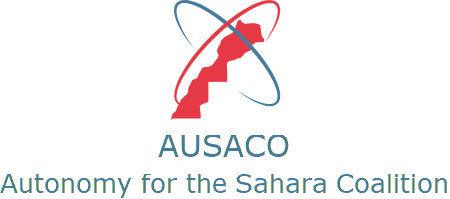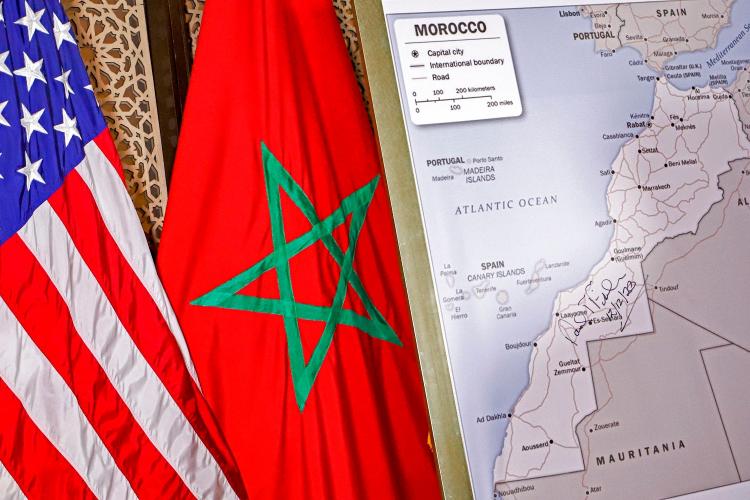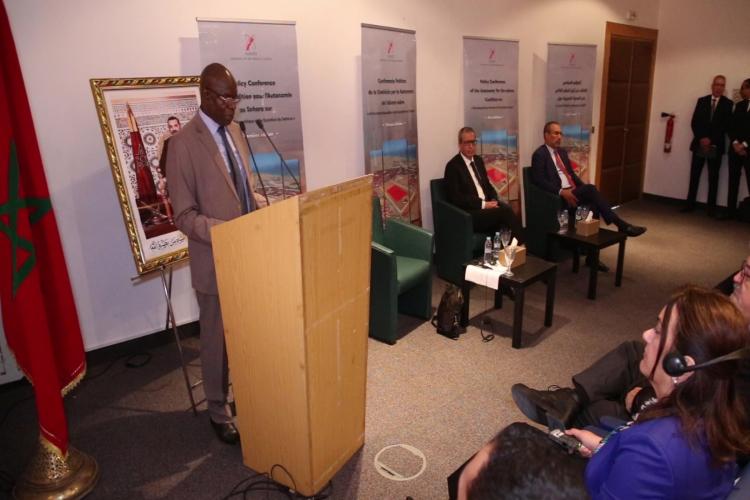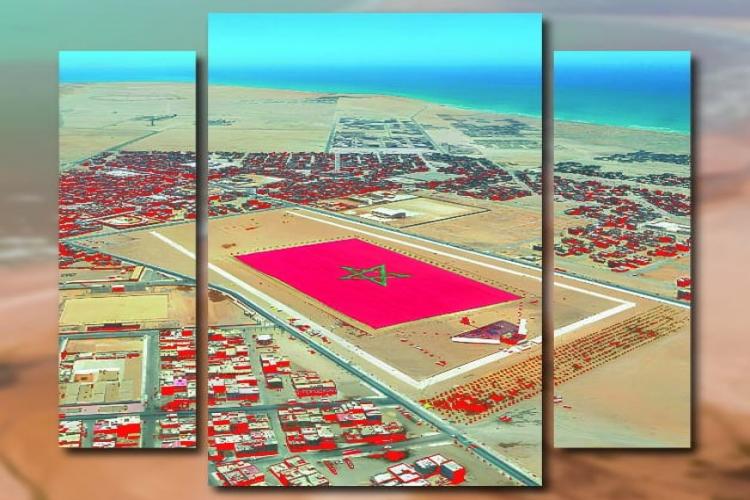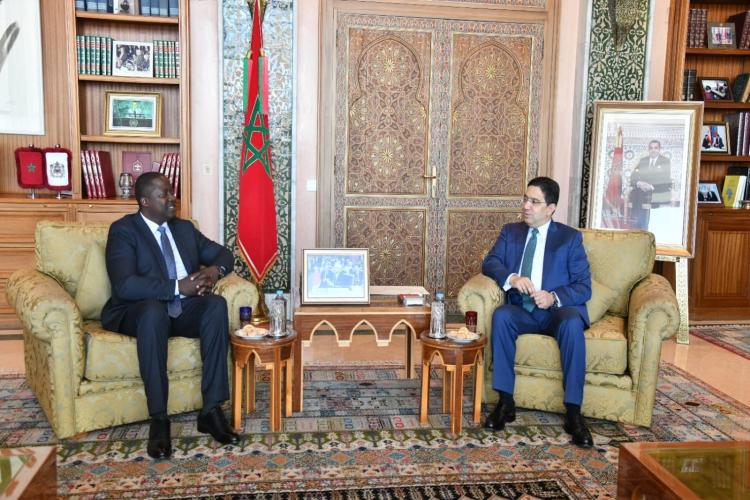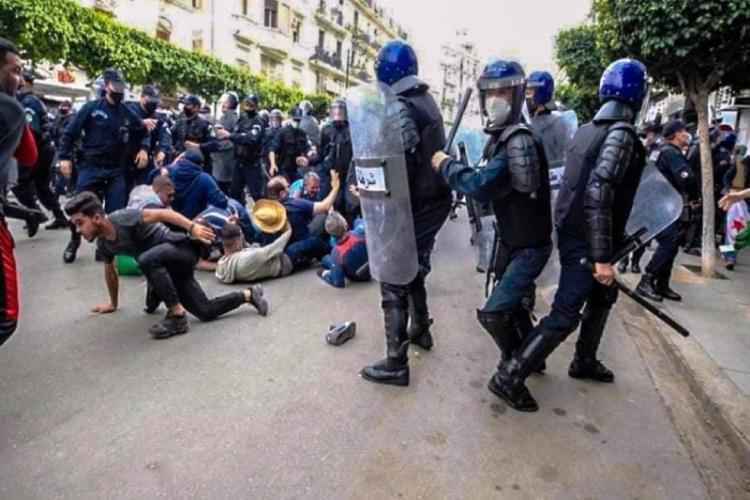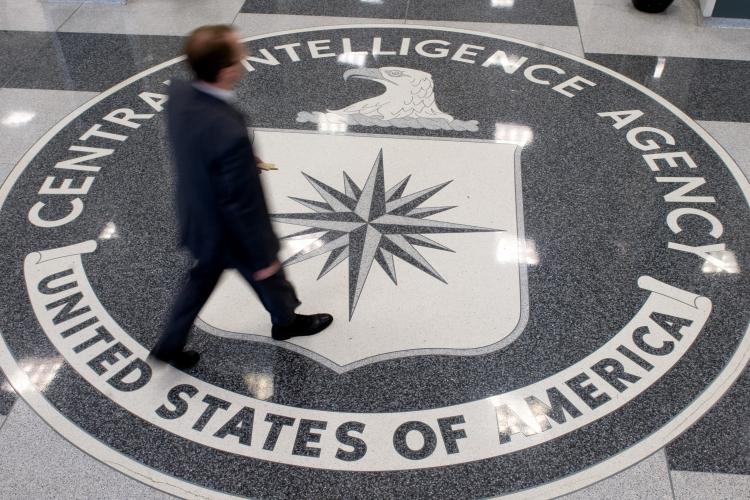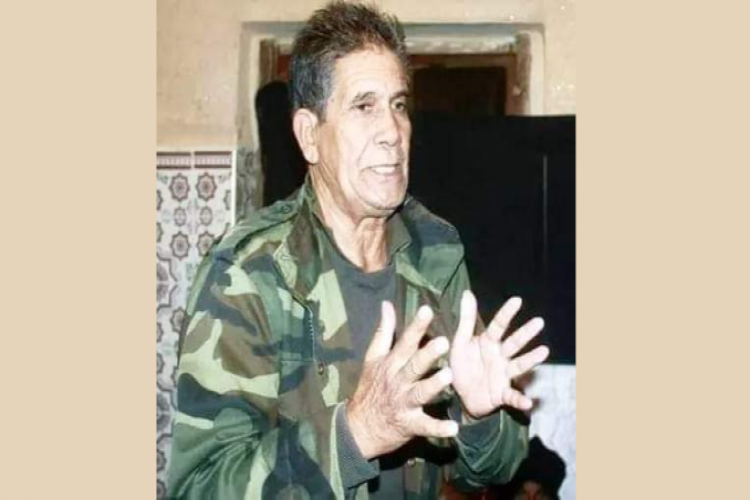Resolution 2797: Security Council Seals Triumph of Autonomy Under Moroccan Sovereignty, Mohammed VI Extends Olive Branch to Algeria
The adoption of Resolution 2797 by the United Nations Security Council on October 31, 2025, marks a pivotal moment in the longstanding Western Sahara dispute. By establishing Morocco's autonomy plan as the "basis" for any political solution, the UN text confirms a profound shift in international perspectives on this issue. For the first time, the option of autonomy under Moroccan sovereignty has emerged as the central path forward, effectively sidelining the independence referendum. This development, anticipated in Rabat for years, was hailed by King Mohammed VI in a speech delivered hours later, in which he described the moment as a "decisive phase" in the settlement process and called for modernization of the autonomy plan to make it more inclusive and adapted to local realities.
Resolution 2797 reflects the patient diplomatic work Morocco has conducted over more than two decades. By incorporating into UN language the very terms championed by Rabat, it validates the kingdom's long-promoted strategy of realism and consensus. Strong support from powers such as the United States and France, joined by a majority of non-permanent members, confirms the shift in a long-frozen international balance. This represents a victory for Morocco, whose efforts at legitimization and development in the Southern Provinces have been rewarded, but also for Moroccan diplomacy, whose consistency and coherence have earned praise even beyond the African continent.
In the face of this diplomatic success, the Polisario Front appears more isolated than ever. The movement, backed by Algeria, denounced the resolution as "partially biased" and "contradictory to the right to self-determination." In the Tindouf camps, the reaction was immediate: rejection of the text, calls to continue "armed struggle," and denunciation of a process characterized as a "distortion of MINURSO's mandate." Yet international political reality carries considerable weight. The international community's discourse has now shifted from the register of decolonization to that of governance and development, and Polisario struggles to find an audience within a Security Council focused on regional stability.
Economically, this new landscape could profoundly transform the region. The integration of Western Sahara into Morocco's development strategy has been reinforced. Public and private investments, already substantial in Dakhla, Laayoune, and Smara, are expected to accelerate thanks to a more favorable international climate and reduced political risk. Infrastructure projects, renewable energy initiatives, and free port zones, supported by the new diplomatic framework, could make the Sahara a major logistics hub between Africa and Europe. This context also opens unprecedented social prospects: job creation, tourism growth, consolidation of public services, and the affirmation of a Saharan identity fully integrated into national dynamics.
From a security standpoint, Resolution 2797 could contribute to progressive regional stabilization, though not without risks. Continuing tension with Algeria, which maintains its support for Polisario, remains a potential source of friction. However, growing recognition of Morocco's role as a stability actor in the Maghreb and West Africa strengthens its strategic position: the kingdom has become a key partner in counterterrorism, migration management, and the continent's energy security.
King Mohammed VI's speech, delivered in this context, gave the diplomatic victory national and symbolic significance. Praising the maturity of Moroccan diplomacy, the monarch called for transforming this international recognition into an internal dynamic of development and modernization. He emphasized the need to strengthen local governance in the Southern Provinces, promote citizen participation, and consolidate the Saharan economic model as an engine of national development.
Thus, Resolution 2797 marks a strategic shift. Morocco gains in legitimacy, stability, and economic attractiveness; Polisario and its supporters lose diplomatic initiative; Algeria sees its influence in the matter erode.
